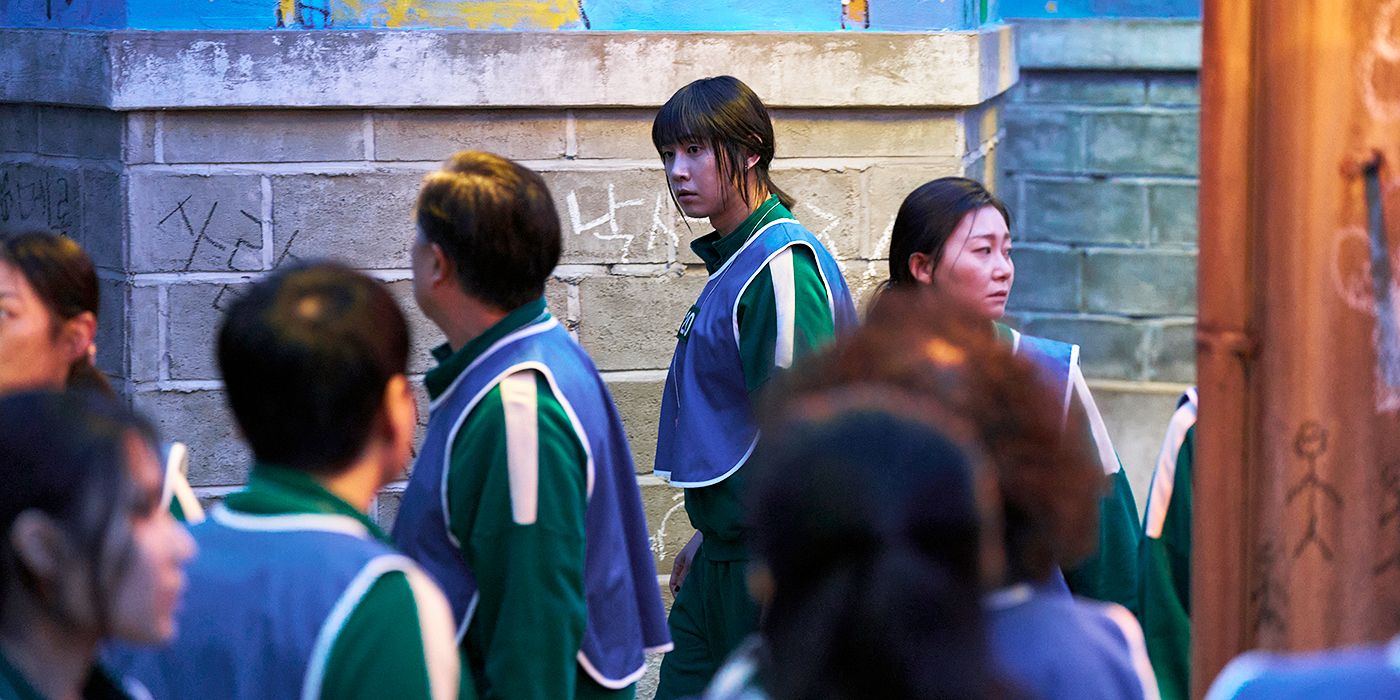Netflix’s world-famous show “Squid Game” returns with its third season on June 27.
The first season was known for its brutal death scenes, especially the emotional final moments of Si-baek (Jong Ho-yeon) and Ji-yong (Lee Yoo-mi), where the two chose to connect with each other rather than play, knowing that one of them would die. Similarly, when Sang-woo (Park Hye-soo) betrayed the good-hearted Ali (Anupam Tripathi), viewers were made to feel the gravity of each decision.
However, Season 3 leaves all of those moments behind. Not only are the deaths more violent, but they also involve tragedy. It’s no longer just a story of betrayals, but also shows heartbreaking decisions that break the characters from the inside out.

Season 3 continues on from where Season 2 left off with Gi-hoon’s failed coup attempt and the ongoing games. Gi-Hoon reappears at the arena as a defeated and sullen figure, with the frontman resuming his control. The games intensify, with such classic children’s games as wink and jumping rope reappearing in new forms.
The greatest shock is delivered in the last level, “Sky Squid Game,” where Gi-Hoon finds himself presented with an unimaginable decision: sacrifice himself to live or give up everything for the sake of a new baby — the offspring of a martyr candidate.
The last scene is heartbreaking: Gi-Hoon opts for compassion over survival and gives up his life so that the baby wins. His last words — “We’re not horses, we’re humans. And humans.” — drive home the show’s main message.
Season 3 wraps up this tale with emotional intensity, moral grayness, and a satisfying conclusion, and also lays the ground for the forthcoming “Squid Game: America” spin-off.

Is season 3 worth watching?
Although, the critics think the final season focuses on the psychological complexity of the characters while the death games are still present. It’s hard to deny that the final season delivers emotional depth, shocking twists, and a powerful ending. If you’ve been following Squid Game, Season 3 is definitely worth watching.






































